Has war been declared on the BBC?
- Published
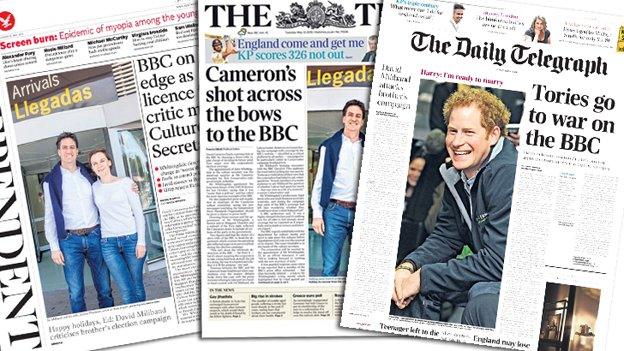
The Independent, the Times and the Daily Telegraph all predicted doom for the BBC
Does the new culture secretary pose a threat to the BBC, or are Tuesday's headlines settling private scores?
The Daily Telegraph declares that it is "war on the BBC".
The Times says it is a "shot across the bows".
The Sun says "it's payback time" and the BBC should be "radically shrunk".
The appointment of John Whittingdale as Secretary of State for Culture has been met with some fairly bold headlines.
However, the language from the government is rather calmer.
The former Culture Secretary, Sajid Javid, was asked on BBC Radio 4's Today programme if the government was "going to war" with the corporation.
"No, not at all," was his response.
"I think there has been some over-excitement in those headlines," he added.
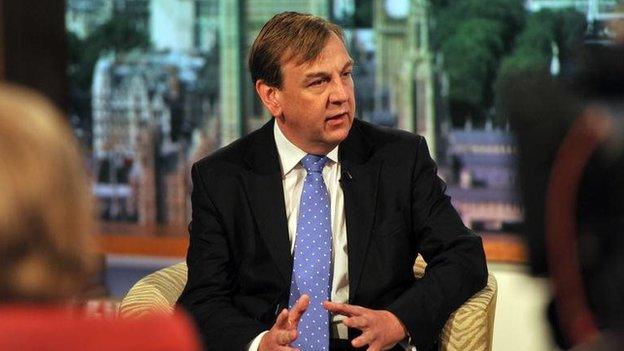
John Whittingdale has been chairman of the Culture, Media and Sport Select Committee since 2005
The government is not, then, publicly drawing battle lines with the BBC - but it is about to begin its 10-yearly review of the corporation's charter and on this topic the newspapers are far from neutral observers.
In the past the newspapers and the BBC existed in largely separate spheres, but as news shifts from print to digital, the papers increasingly regard the BBC as a competitor. Their editorial comments make it clear what they want from charter review.
Rupert Murdoch's Sun says the BBC should not 'intrude in to markets... where private firms should thrive instead".
It is not just newspapers the Sun wants protected - the question of whether Rupert Murdoch should be allowed a complete takeover of Sky is still lurking.
The Daily Telegraph comment is: "Why does the BBC need to have such an all-encompassing digital news operation in competition with newspapers?"
It adds the Mr Whittingdale announcement "was billed in some quarters as David Cameron 'declaring war on the BBC'; and there are certainly many Conservatives who would like to see a reckoning for what they regard as a pro-Labour slant".
One of those "quarters" was the newspaper's own front page.
The charter renewal process is not expected to begin in earnest until the autumn, but the loyal Conservative-supporting newspapers are making very clear what they would like as a "payback" - a smaller BBC.
Will it happen?
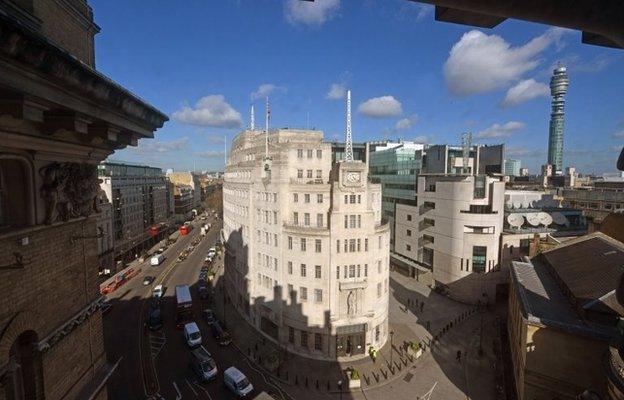
The BBC will start negotiating the renewal of its royal charter this year
The trigger for the "war on the BBC" headlines was the appointment of Mr Whittingdale.
In terms of expertise, there is no-one to touch him. He has been chairman of the Commons Culture Select Committee for nearly 10 years and has recently overseen a report on the future of the BBC.
His background as political secretary to Margaret Thatcher suggests an MP with soundly Thatcherite views. He has also been widely quoted as describing the licence fee as "worse than the poll tax".
For those who want a radical reshaping of the BBC - perhaps even scrapping the licence fee altogether - there is a hope Mr Whittingdale might be their man.
But their hope might be tempered if they read the recent report from his committee on the future of the BBC. Its conclusion was that there was at the moment "no better alternative" to the licence fee to fund an institution that was a "central presence in the life of the country".
The MPs, though, were open to the idea that the BBC ought to make "bigger, braver decisions" about its services and "do less in some areas".
However, exactly what, where and how those cuts would be applied, it was leaving to the BBC.
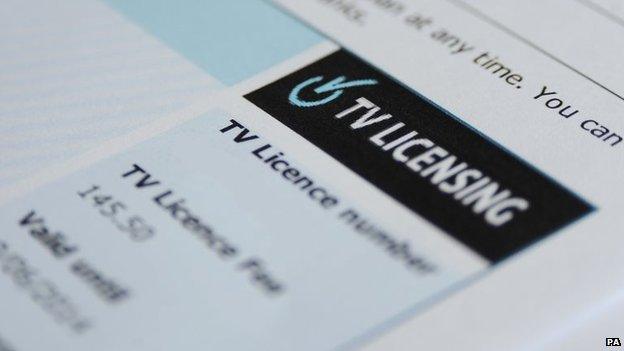
The BBC licence fee has been frozen at £145.50 since April 2009, representing a real-term cut of 16%
Nevertheless, the appointment of Mr Whittingdale and the accompanying headlines are only the beginning.
Charter review could take more than a year. The prospect of a referendum on Europe is also going to inflame passions.
Sir William Cash, a veteran critic of the European Union, was scathing of the BBC's coverage of Europe in a recent report from the Europe Scrutiny Committee.
The BBC's head of news, James Harding, expressed a deep "reluctance" to account for his editorial policy when he was summoned by MPs.
He did not think journalists ought to be accountable to politicians when it came to deciding how the corporation covered politics.
Sir William's response was blunt.
"Accountability to Parliament must be a key factor to be considered as part of the review of the BBC Charter in 2016."
- Published11 May 2015
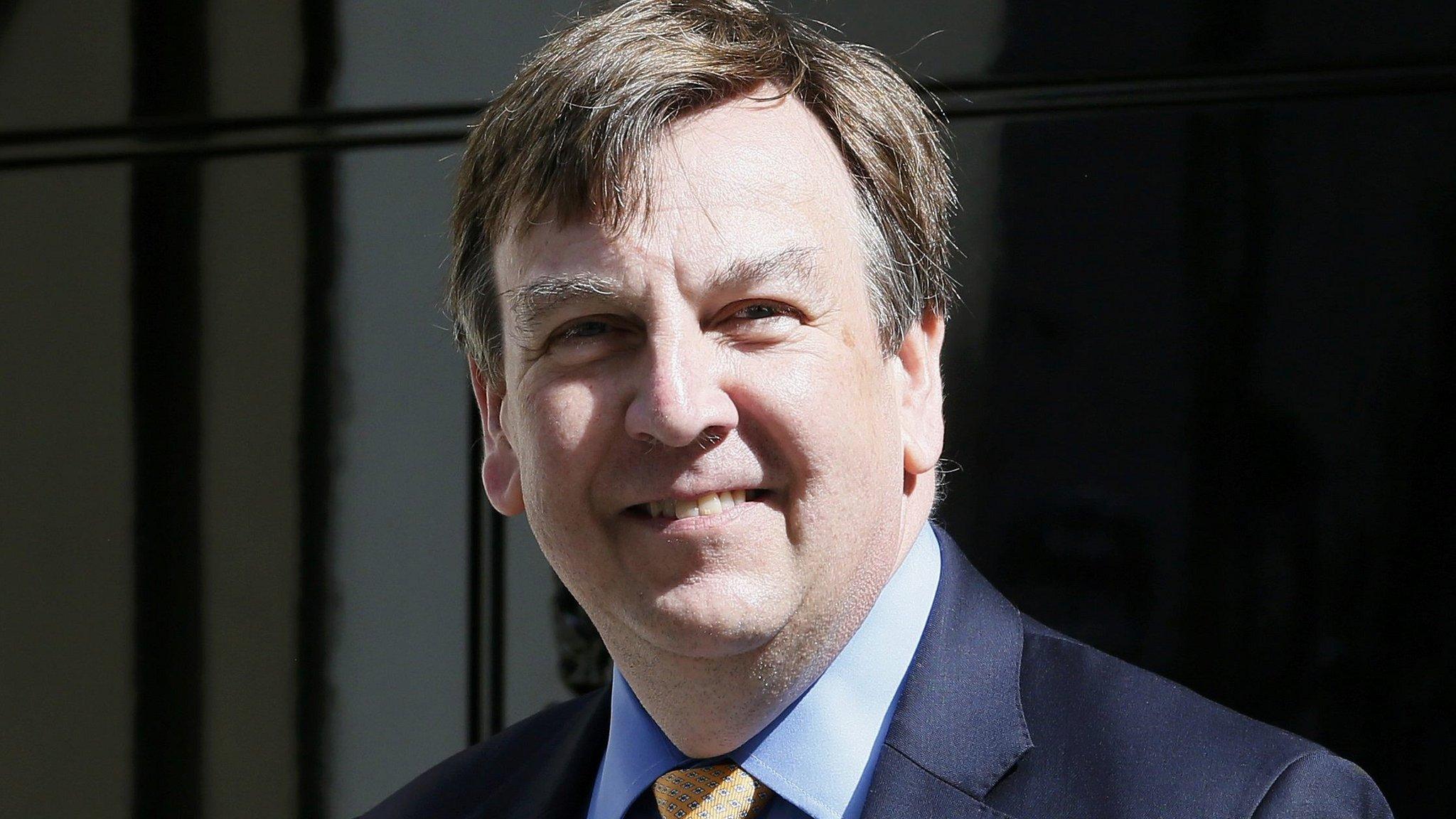
- Published11 May 2015
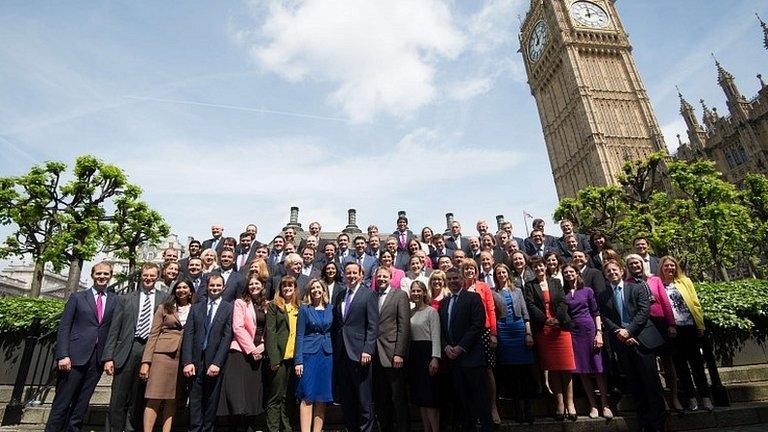
- Published26 February 2015
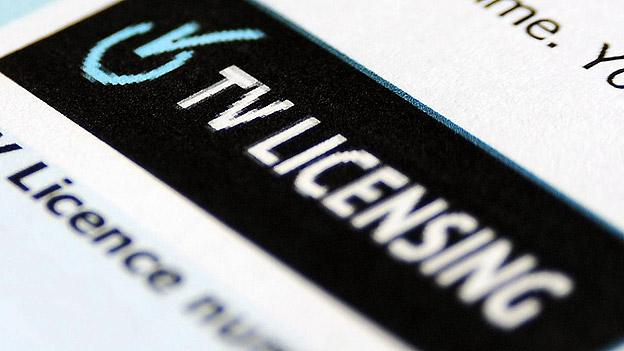
- Published5 November 2014
